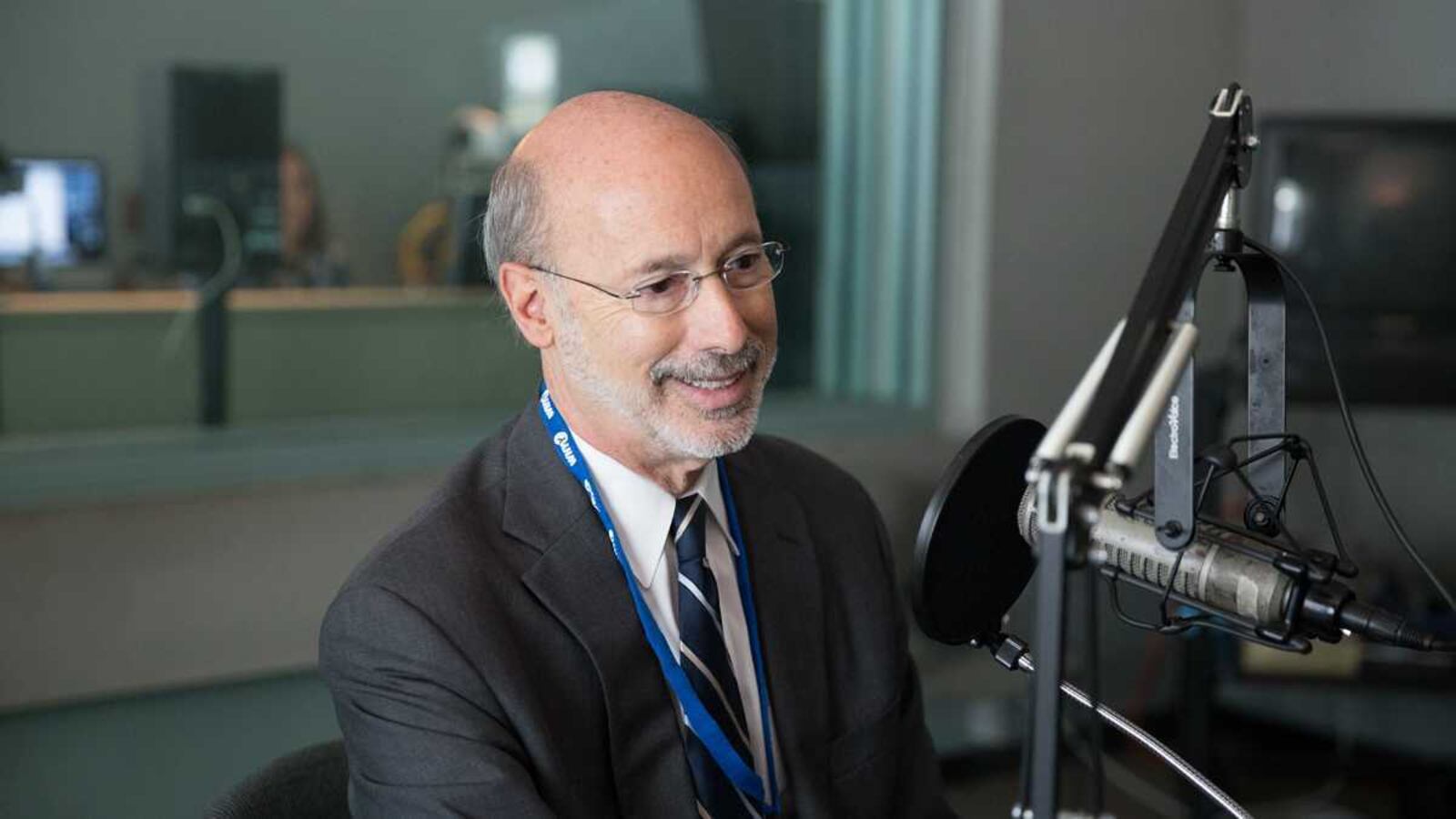This article was originally published in The Notebook. In August 2020, The Notebook became Chalkbeat Philadelphia.
A new governor will take office Jan. 20, with significant, but as yet unknown, implications for education policy in Philadelphia and around Pennsylvania.
On Nov. 4, Democrat Tom Wolf swept into office, unseating Republican incumbent Gov. Corbett on a tide of anger about state and federal aid reductions that forced school districts to slash spending statewide. It was the first time in more than 40 years that a sitting governor in Pennsylvania lost a second term.
In the campaign, Wolf promised to raise income taxes on the wealthy and impose a levy on natural gas extraction so he could increase state education spending, reduce the burden on local property taxes, and improve schools. He also came out in favor of abolishing Philadelphia’s School Reform Commission and returning the District to local control.
But as of mid-November, he had said little about what he intends to do as governor about education, and certainly nothing about Philadelphia and the SRC, even as key constituencies that supported him – most prominently the teachers’ union – continue to press for an elected Board of Education. EDITOR’S NOTE: During the campaign, Wolf endorsed in principle an elected board for Philadelphia.
He is also facing an anticipated $2 billion state budget deficit for his first budget, which must be adopted by June, not to mention a legislature that increased its Republican majority and elected more conservative leadership, at least in the Senate.
Wolf told the Pittsburgh Post-Gazette in a November interview that despite the looming shortfall, “there is still plenty of money to make sure that our commonwealth is spending whatever dollars it has intelligently and that we establish the right priorities.”
He added, “Education has to be a priority. We’re going to have to find the funds.”
Wolf told the paper that he thought the budget deficit would ease legislative opposition to the extraction tax. He said he would push hard for a boost in education spending in his first budget but could not predict what the outcome of negotiations with the legislature will be.


